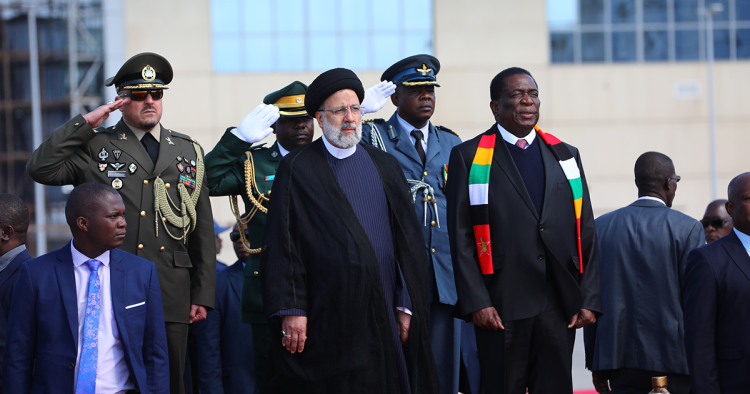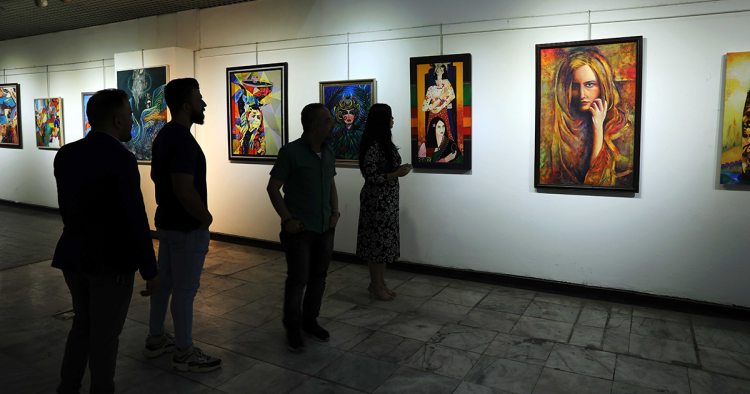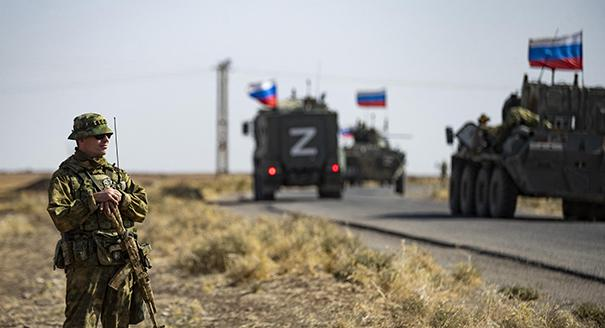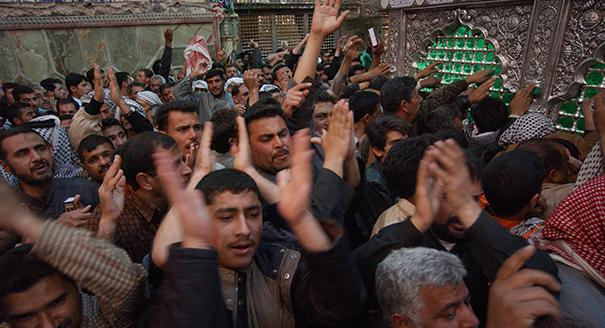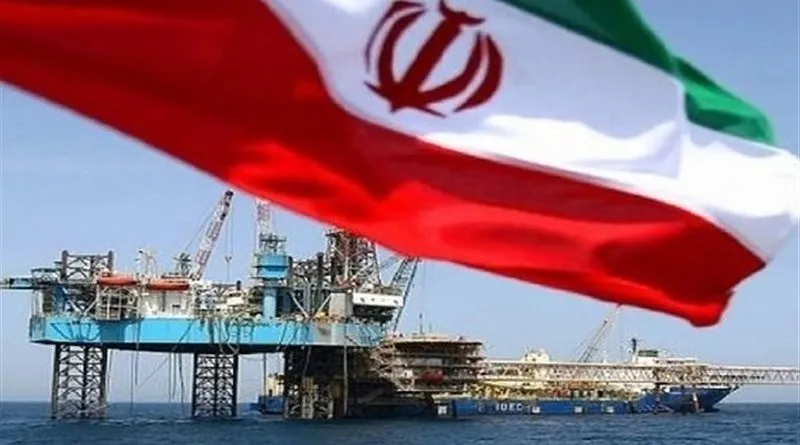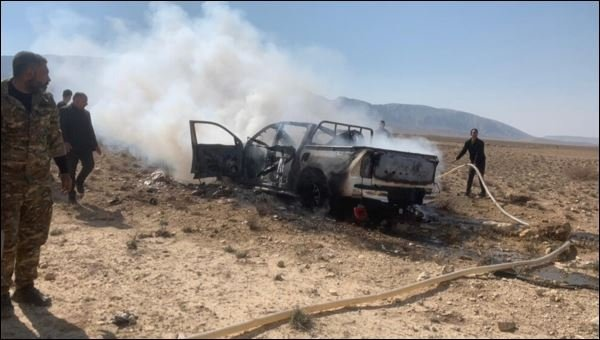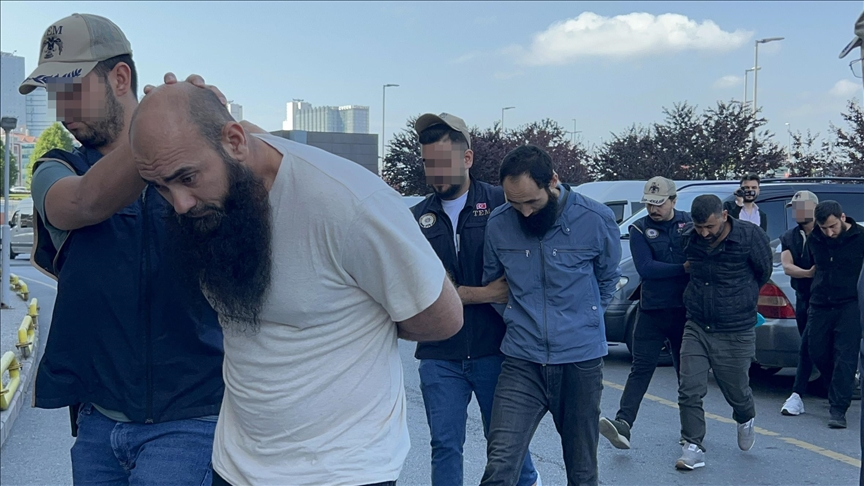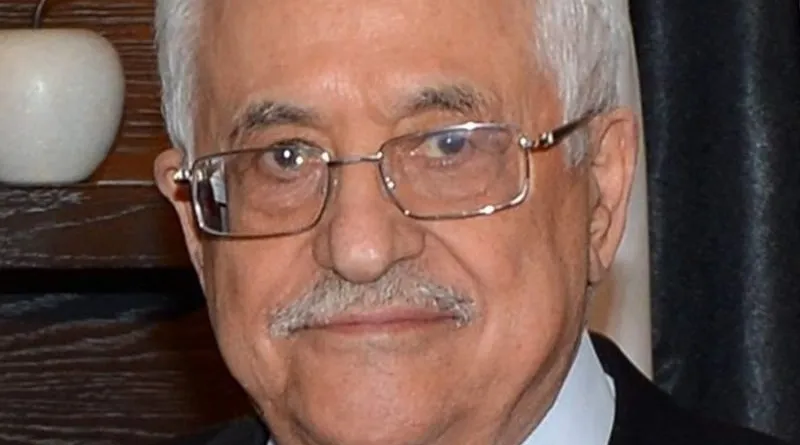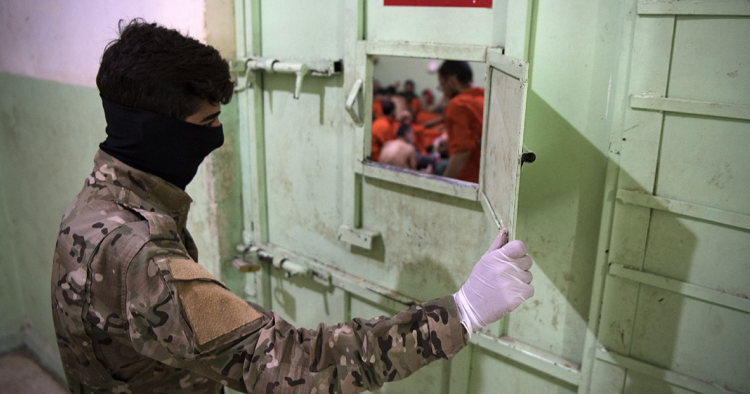Taliban prepare hundreds of suicide bombers over water dispute with Iran
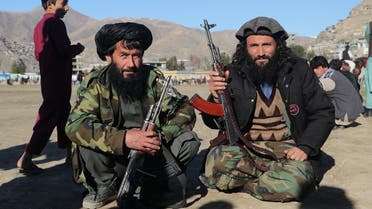
In mid-May, Iranian President Ebrahim Raisi issued a warning to the Taliban: honor Afghanistan’s water-supply agreement or face the consequences.
A well-known Taliban figure offered a mocking gift of a 20-liter water container in response and told him to stop making terrifying ultimatums. About a week later, a skirmish erupted on the border, leaving two Iranian guards and one Taliban member dead.

